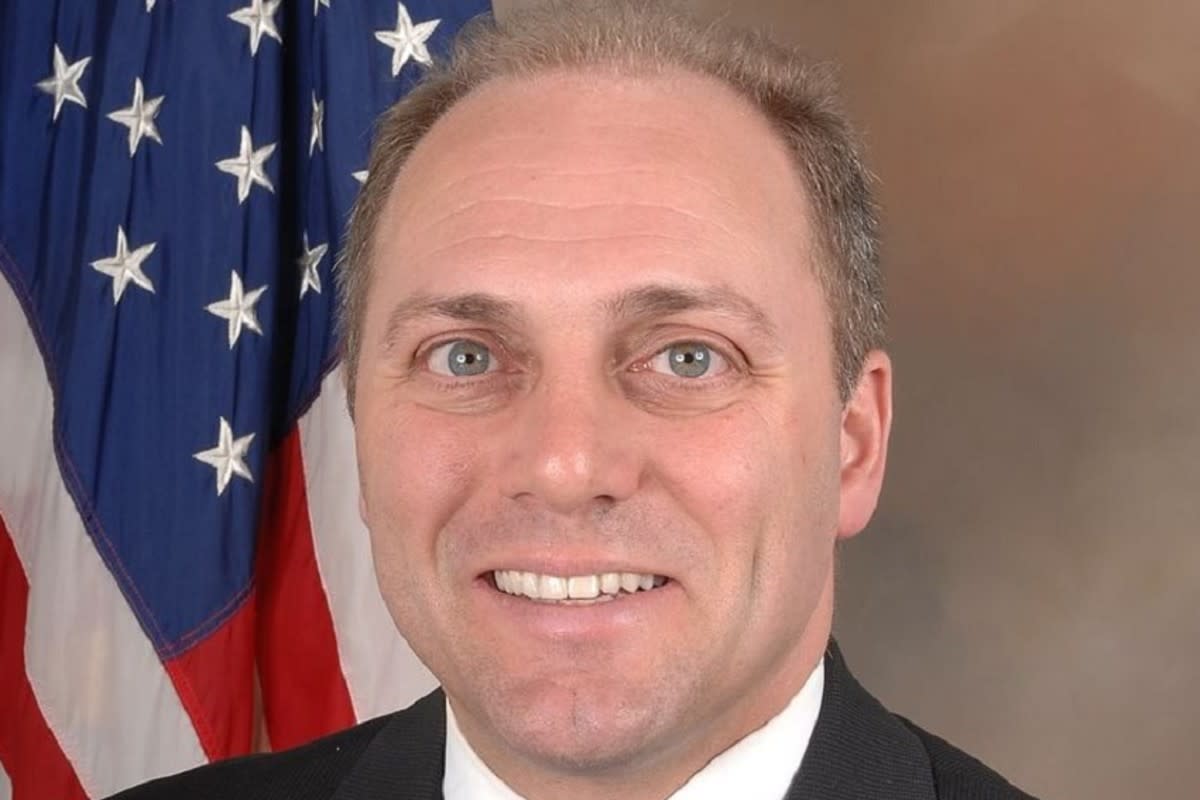The big news last week was the shooting of House Majority Whip Steve Scalise (R-LA) at, of all things, a congressional baseball practice in Alexandria, VA. But this was not a random shooting. Representative Ron DeSantis (R-FL) described what he called a “very strange” encounter prior to the attack. DeSantis recounted how he and another congressman were approached by a man who asked whether the players at the practice were Republican or Democrat members of Congress. A few minutes later, the man started shooting. Senator Rand Paul (R-KY) said that the event would have turned into a massacre if not for the timely intervention of police and security.
The shooter was identified as 66-year-old James Hodgkinson of Illinois, who later died in custody of injuries sustained during the attack. It was discovered that he was in possession of a list of Republican politicians, indicating that this attack was premeditated. And here’s where things get sticky: Hodgkinson publicly identified himself as a staunch supporter of former presidential candidate Bernie Sanders (I-VT), going so far as to use Sanders’ image as his Facebook cover photo.
Now here’s the question: if Hodgkinson commits a crime in Sanders’ name, is that Sanders’ fault? Logically, the answer is “of course not” but that didn’t stop people from blaming one-time Republican vice-presidential nominee Sarah Palin for the 2011 shooting of Representative Gabrielle Giffords (D-AZ). (The New York Times in its coverage of the Scalise shooting repeated as fact the debunked rumor that Palin distributed a map that put political rivals literally “in the crosshairs.” They were quickly criticized for this and retracted the statement.)
The appropriate response is exactly what Senator Sanders did, both on the floor of Congress and publicly on Twitter: he condemned what was done in his name. An excerpt: “I am sickened by this despicable act. Let me be as clear as I can be. Violence of any kind is unacceptable in our society and I condemn this action in the strongest possible terms.”
There you go. We now know what Sanders stands for. But not everyone agrees. Plenty of people stood by the shooter’s actions for a variety of reasons: Scalise spoke at an event hosted by David Duke, so he’s a racist; the Republicans block gun control legislation, so it’s their own fault that Hodgkinson got a gun; the GOP is trying to gut healthcare, so this qualifies as self-defense, etc. Twitter is full of such sentiment. One person even tweeted that “If KKK support[er] Steve scalise [sic] dies, the shooter deserves a holiday….”
Politically, these people are ostensibly all on Team Sanders. They agree with him when it comes to matters of race, health care and gun control. Where they part company is in the willingness to justify shooting the opposition. That’s a pretty important distinction. This may not be a daily occurrence (thank God!) but it was absolutely imperative that Sanders condemn this action, lest he be perceived of granting it tacit approval.
This is important to do any time someone claims to speak for you, your political party, your nation or your religion. If someone misrepresents what you stand for, failure to speak up suggests that you concur. As a common Talmudic dictum says, “silence implies agreement.” For this reason, peace-loving Muslims worldwide vociferously decry terror acts perpetrated by ISIS, who interpret their common religion as one of violence.
It’s not just Muslims who must draw such distinctions. In 2014, three Jewish teenagers were kidnaped and murdered by Palestinians. In retaliation, three Israelis kidnaped and murdered a Palestinian teen. Some people may have applauded this act – the perpetrators certainly felt it was justified – but Israelis near-universally denounced it, including a unanimous condemnation from Knesset. (Do you have any idea how rare it is for Knesset to do anything unanimously?)
The Talmud in Sotah (11a) tells an interesting story. It says there that Pharaoh had three advisors: Balaam, Yisro (Jethro) and Iyov (Job). When consulted regarding Pharaoh’s “final solution” of drowning the Jewish boys in the Nile, Balaam enthusiastically embraced it. Yisro opposed it, for which he had to flee the land of Midyan. Iyov didn’t support the idea but he remained silent, which was tantamount to giving his approval. Each advisor received Divine payment according to his deeds: Balaam, who embraced evil, was ultimately killed. Yisro, who opposed evil, merited great and righteous descendants. And what about Iyov, who remained silent? He was punished with suffering and afflictions, as described in the Book of Job.
British politician Edmund Burke famously said that “The only thing necessary for the triumph of evil is for good men to do nothing.” We cannot let evil people commit sinister deeds in our names. If James Hodgkinson commits acts of evil in Bernie Sanders’ name, Sanders knows it’s his responsibility to condemn the act. When ISIS strikes, imams are moved to denounce that organization’s interpretation of their faith. If an Israeli commits an act of violence against a non-combatant, Israel is quick to say, “That is not our way.”
On a smaller scale, this is something we should all be doing. If a political ally acts inappropriately, or a coreligionist misrepresents your faith, don’t turn a blind eye just because it’s expedient. As silence implies acquiescence, failure to condemn is tacit approval. We must be vigilant not to allow others to hijack and redefine our values just because we didn’t speak up.
The words of this author reflect his/her own opinions and do not necessarily represent the official position of the Orthodox Union.
